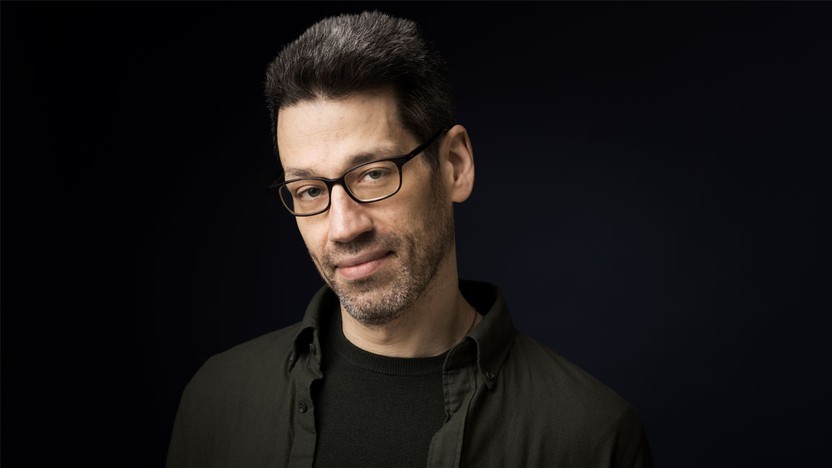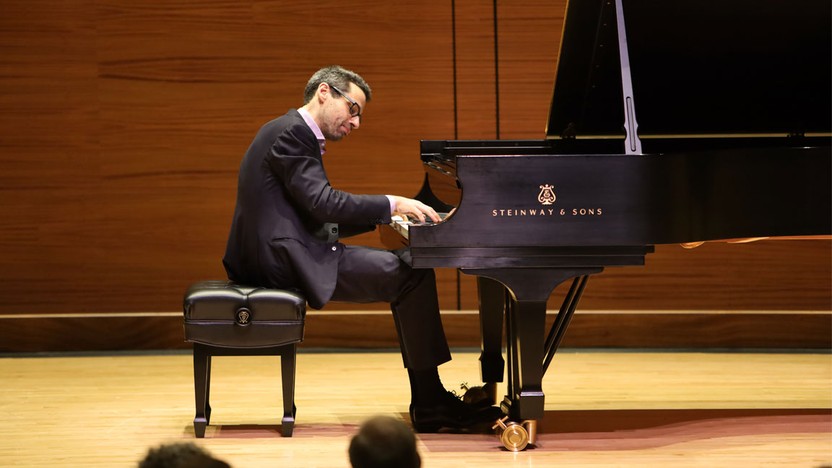Details

Augusta Read Thomas
Clara’s Ascent
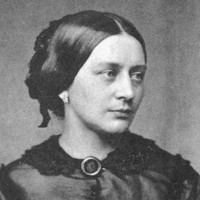
Clara Schumann
Trio in G Minor for Violin, Cello and Piano
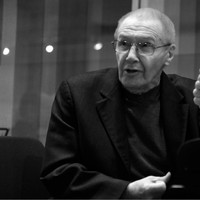
György Kurtág
Hommage à Robert Schumann for Clarinet, Viola and Piano
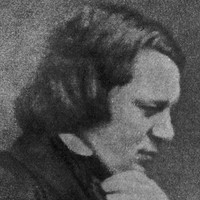
Robert Schumann
Introduction and Allegro appassionato (Konzertstück)

György Kurtág
Selections from Játékok (Games)
 Watch Video
Watch Video
Robert Schumann
Piano Concerto
From Robert Schumann, one of the quintessential figures of music’s Romantic era, we have a Piano Concerto proudly bearing all the hallmarks of Romanticism. It is explosively virtuosic. As he did much of his piano music, Schumann intended the Piano Concerto for his wife and muse, Clara Schumann, perhaps the most brilliant keyboard virtuoso of her generation; this concerto’s demands testify to her ability. But what’s more, it is a work rife with searing expressivity, discernible, as with much of Schumann’s music, as a dialogue between the composer’s alter egos: Florestan, the masculine (in 18th-century parlance) and extroverted; and Eusebius, the feminine voice of tenderness and pathos. Contained within the concerto’s pyrotechnic vigor, then, is a deeply human statement, as dramatically compelling as it is thrilling to the ear.
The concerto begins with an emphatic proclamation, the opening volley clearly belonging to Florestan: the full orchestra strikes a forte E, the dominant of the home key of A minor providing a launching pad for an impassioned cascade of chords in the piano. Eusebius answers with a keening melody in the oboe, marked by a memorable descending threenote motif. This exquisite theme reveals Schumann to be, if not quite the equal of Mozart and Schubert, whose fonts of melodic invention seemingly never ran dry, nevertheless one of the nineteenth century’s most gifted melodists when inspiration struck.
The short Intermezzo that serves as the concerto’s second movement is fully given over to Eusebius. The piano and orchestra trade graceful staccato fragments; the flute sits prominently atop featherweight ensemble textures. Even when the music slows to more earnest strains, the luxuriant string lines remain tender and warm. At the Intermezzo’s conclusion, Schumann recalls the consequential three-note motif of the opening movement, which sends the Concerto without pause into its triumphant finale.
— © Patrick Castillo
Patrick Castillo ©2014
About This Program
Longtime collaborator Jonathan Biss reunites with SPCO musicians, bringing our 2025.26 season theme full circle in a concert that honors the lives and music of Robert and Clara Schumann, with Robert’s titular Piano Concerto as the program’s finale. An accomplished pianist in her own right, Clara is essential to Robert’s music, and she was the soloist who premiered his concerto in 1845 following its completion. In addition to the only piano concerto her husband ever finished, this program features Clara’s Trio for Violin, Cello, and Piano as well as works by contemporary composers Augusta Reed Thomas and György Kurtág, who were both inspired by the music of the Schumanns. Biss will intersperse these shorter works within Schumann’s larger works for piano and orchestra.

